To end plastic pollution, Deputy Minister Le Cong Thanh said that stronger motivations from the creative community and innovative models are needed to promote transformation towards a circular economy .
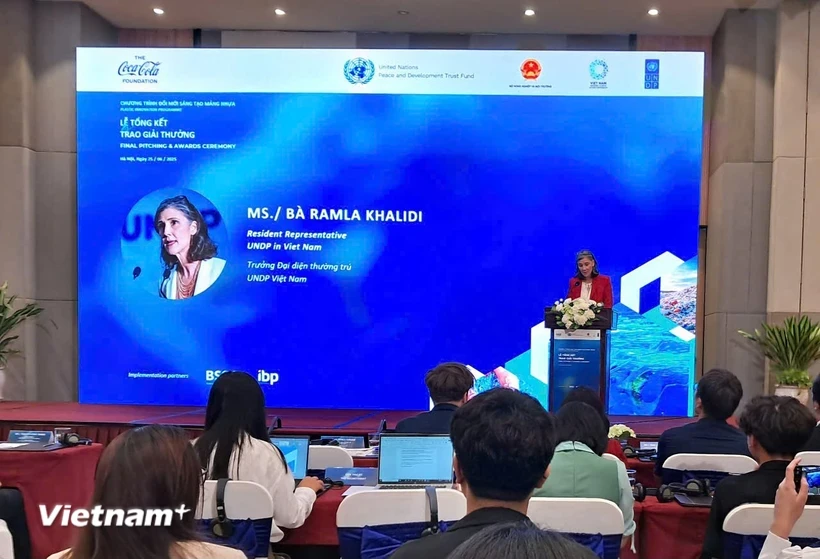
Emphasizing that plastic pollution is becoming one of the most serious challenges to the living environment and that no country can stand outside the fight against plastic waste, Deputy Minister Le Cong Thanh said that ending "plastic pollution" - "white pollution" is a global warning, requiring urgent action for a sustainable green future.
The above information was just shared by Mr. Thanh at the Closing Ceremony and Awarding Ceremony of the Plastic Innovation Program 2025, organized by the Ministry of Agriculture and Environment in coordination with the United Nations Development Program (UNDP) in Vietnam and international partners, on June 25, in Hanoi.
Sharing at the event, Mr. Thanh said that in recent years, the Vietnamese Government has actively participated in and proposed global and regional cooperation mechanisms on reducing plastic waste at international conferences and forums.
Along with its commitments, Vietnam has always proactively accompanied the international community, being one of the first three countries to implement the National Plastic Action Partnership Program (NPAP), and actively participating in the process of building a Global Agreement to End Plastic Pollution.
“We clearly identify innovation as an important lever to transform commitment into action,” Mr. Thanh emphasized.
In fact, Vietnam has issued and implemented many strong policies such as: Law on Environmental Protection 2020, National Action Plan on Ocean Plastic Waste, mechanisms to promote recycling through Extended Producer Responsibility (EPR), encouraging investment in the field of waste treatment and recycling under the Investment Law and programs to support businesses in innovation and greening technology.
Leaders of the Ministry of Agriculture and Environment hope that through the Environmental Action Month and World Environment Day, every citizen will take action and not be indifferent to plastic pollution.
However, Mr. Thanh also acknowledged that Vietnam is still facing many challenges. Notably, although laws and strategies are in place, implementation is limited; circular economy policies and extended producer responsibility are still new; the waste classification system at source is still lacking in consistency, the habit of using disposable plastics is still widespread, while the process of technological innovation still faces many barriers in terms of costs...
“Therefore, stronger motivations from the creative community and innovation models are needed to promote the transition towards a circular economy,” emphasized the representative of the Ministry of Agriculture and Environment.
In that context, Mr. Thanh said that on February 26, 2025, the Ministry of Agriculture and Environment, together with UNDP, announced the launch of the Plastic Innovation Program, aiming to seek breakthrough initiatives to address plastic pollution from upstream through improvements in production, design, reuse models and circular finance instruments to award prizes to outstanding initiatives.
After a short launch period, the program attracted 116 proposals from provinces and cities across the country. After a rigorous selection process, the 25 best teams were provided with intensive incubation support to perfect their solutions.
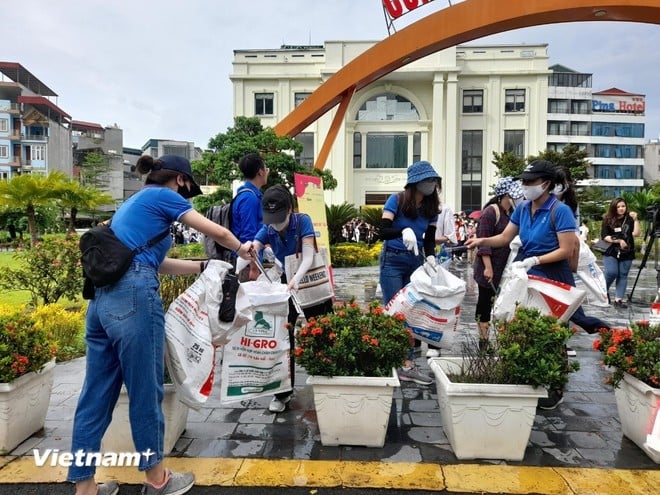
This afternoon, the 12 best ideas will be honored. The six teams with the best innovations will each receive grants of up to $30,000; the six runners-up will each receive grants of up to $10,000. The initiatives will then be tested and implemented for nine months before presenting the results in 2026.
Need to diversify innovation ecosystem
Sharing more about the significance of the Plastic Innovation Program 2025, Deputy Minister Le Cong Thanh emphasized that this is not just a competition, but a "launching pad" for innovation in plastic waste management, a catalyst for green business models, implementing policies on reducing ocean plastic pollution and implementing a circular economy.
“I hope that the results of this contest will soon be applied in real life, bringing many meaningful values to the community in the effort to reduce plastic pollution in Vietnam; thereby contributing to solving the increasingly urgent problem of plastic waste pollution; turning the challenge of plastic waste into an opportunity for Vietnam to implement a circular economy, applying high technology to reduce plastic emissions,” said Mr. Thanh.
On the partner side, Ms. Ramla Khalidi - Resident Representative of the United Nations Development Programme (UNDP) in Vietnam, said that within just 4 months since its launch, the Plastic Innovation Program has witnessed an incredible spirit of determination and energy spreading towards plastic reduction across Vietnam.
Notably, of the 116 proposals the organizers received in the past four months, nearly half came from small and medium-sized enterprises; more than 40% came from academic, research and educational institutions; 42% were led by young people; and 91% had women in their teams.
“These are not just numbers, but also reflect the strength of the innovation ecosystem in Vietnam, working together to solve the most urgent problem today: plastic pollution. The 25 teams selected for the final round today are the best representatives of that spirit,” Ms. Ramla Khalidi emphasized.
In that spirit, the UNDP representative in Vietnam calls on the Vietnamese community, especially young people, to “join hands” to take action to end plastic pollution with four main focuses. First, it is necessary to continue to seek bold circular solutions to reduce plastic. UNDP is committed to accompanying and supporting innovators to test, perfect and replicate solutions to create real impact.
Second, Vietnam needs to mobilize more investment for innovation in the plastics sector. In 2024, the innovation sector in Vietnam attracted nearly 2.3 billion USD from investment deals. With 240,000 USD in seed funding, UNDP hopes to encourage more new investments, in line with the direction of Decree 57 on science, technology and digital transformation.
Third, Vietnam needs to diversify its innovation ecosystem. According to Ramla Khalidi, this means moving beyond materials and technology to invest in new financial instruments and connect public-private-development resources. By mobilizing startups, large enterprises, universities and SMEs, Vietnam can accelerate entrepreneurship and scale up solutions.
“Next is the need to enhance the role of youth, women and local innovators. UNDP is committed to promoting inclusive innovation through mentoring, funding and capacity building, to promote leadership from the community,” the UNDP Resident Representative in Viet Nam recommended./.
Source: https://baolangson.vn/doi-moi-sang-tao-mang-nhua-cap-bach-hanh-dong-de-cham-dut-o-nhiem-trang-5051139.html


![[Photo] More than 124,000 candidates in Hanoi complete procedures for the 2025 High School Graduation Exam](https://vphoto.vietnam.vn/thumb/1200x675/vietnam/resource/IMAGE/2025/6/25/fa62985b10464d6a943b58699098ae3f)
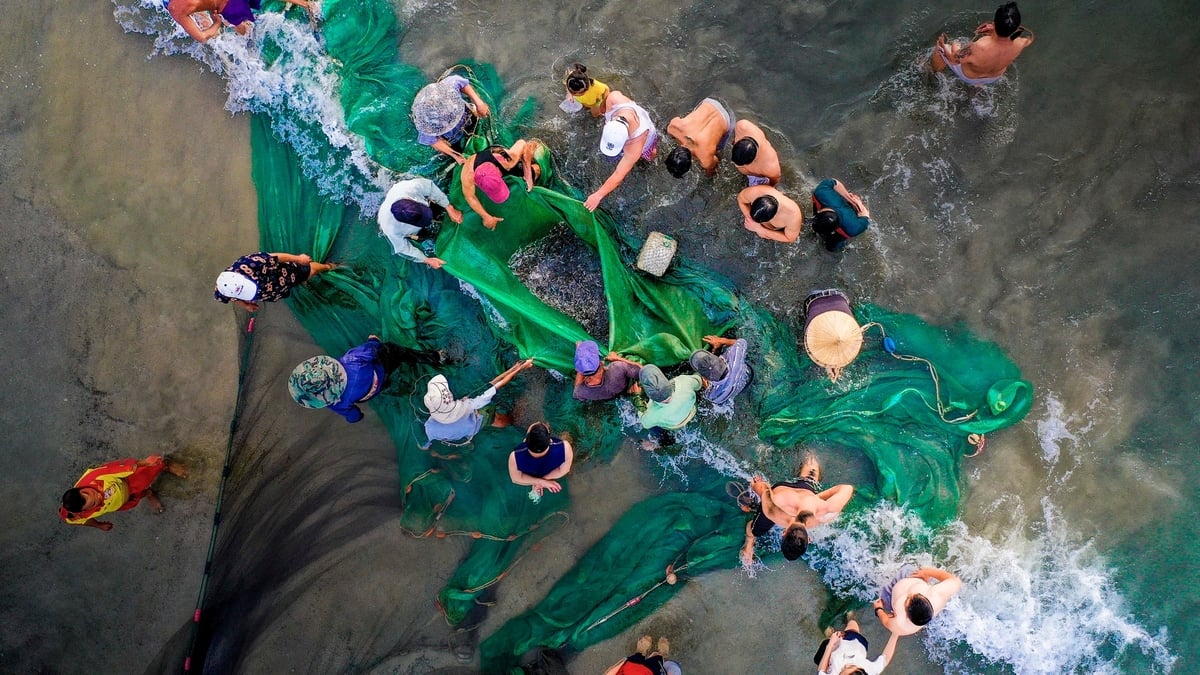

![[Photo] General Secretary To Lam works with the Standing Committee of Quang Binh and Quang Tri Provincial Party Committees](https://vphoto.vietnam.vn/thumb/1200x675/vietnam/resource/IMAGE/2025/6/25/6acdc70e139d44beaef4133fefbe2c7f)

![[Photo] First training session in preparation for the parade to celebrate the 80th anniversary of National Day, September 2nd](https://vphoto.vietnam.vn/thumb/1200x675/vietnam/resource/IMAGE/2025/6/25/ebf0364280904c019e24ade59fb08b18)
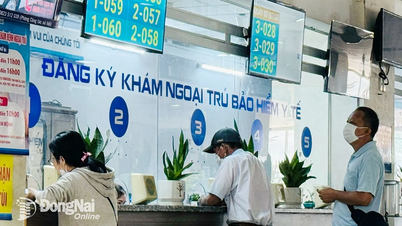


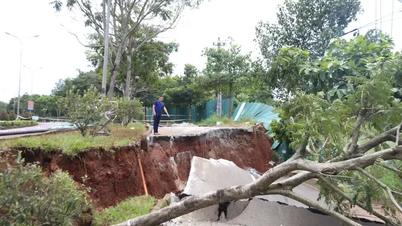


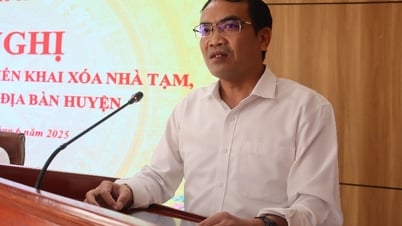







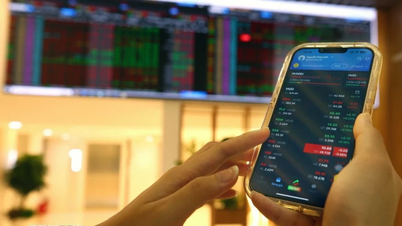

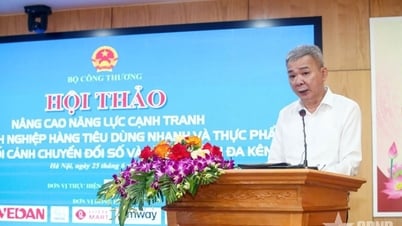
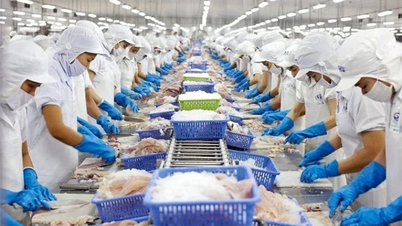
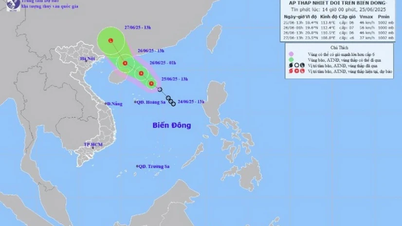
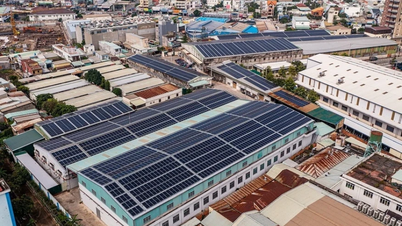


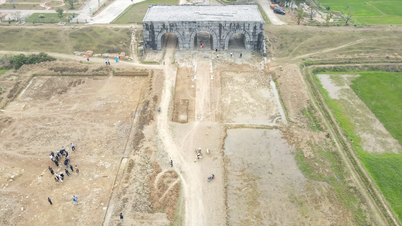









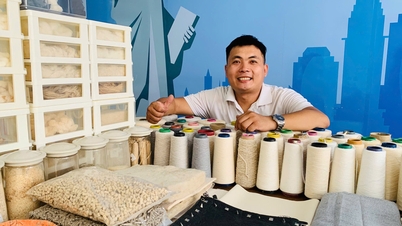

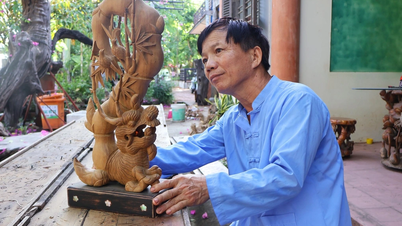

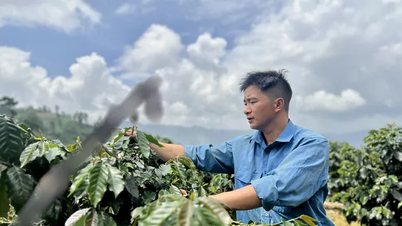

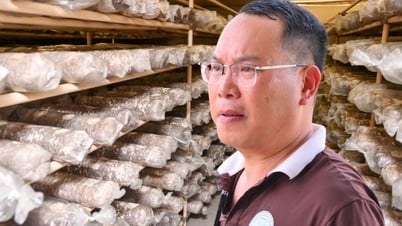



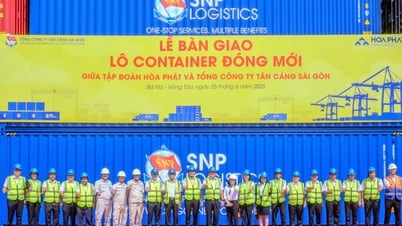



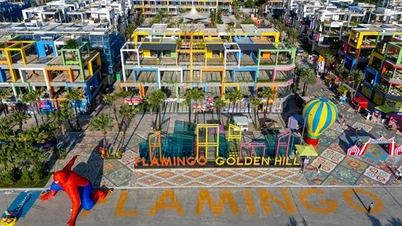






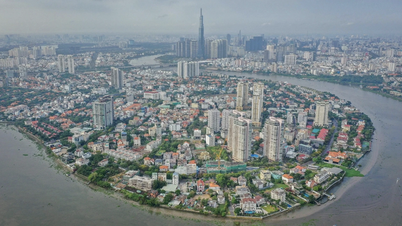










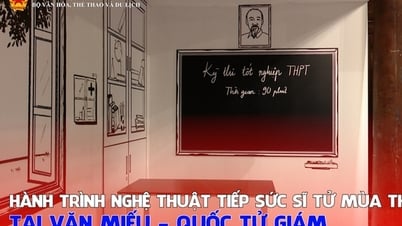
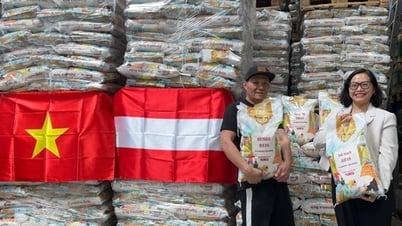

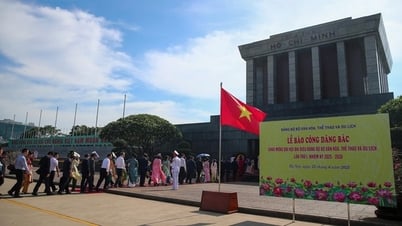
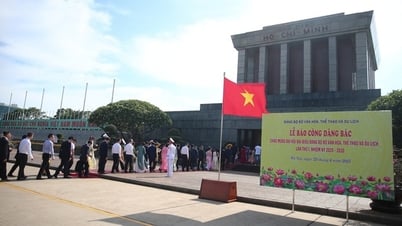
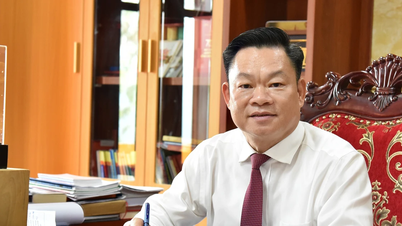


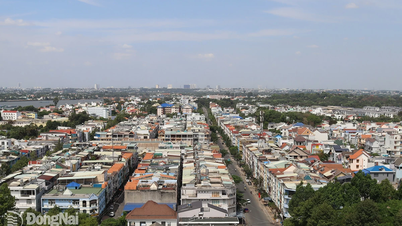
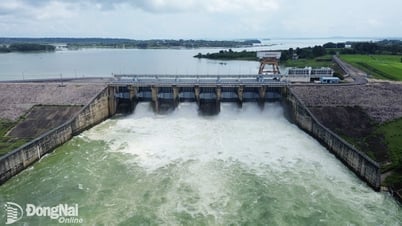
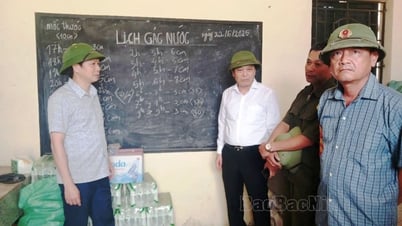















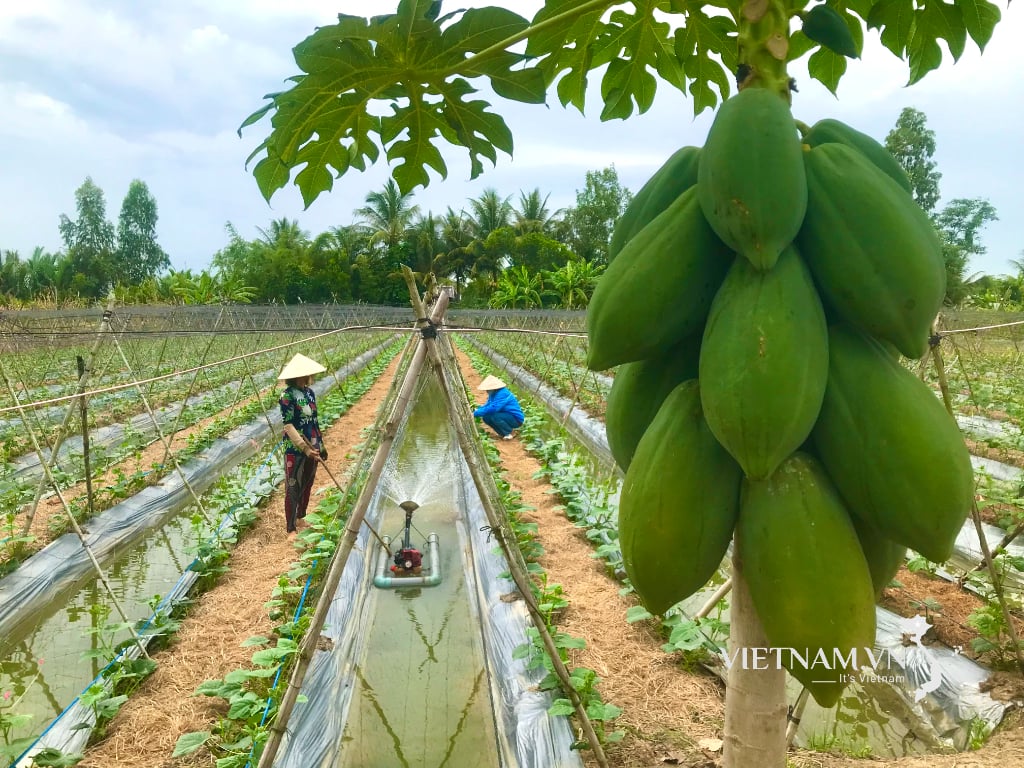

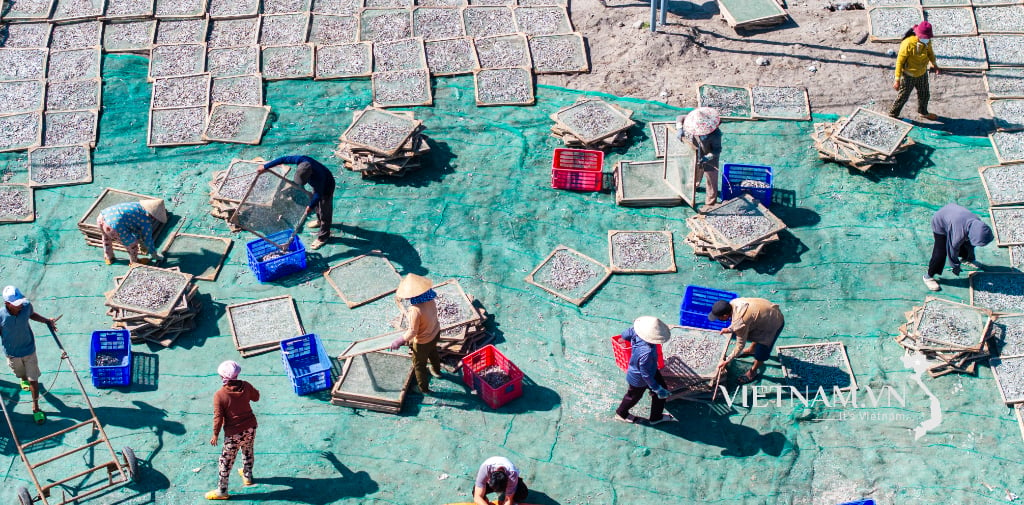
Comment (0)